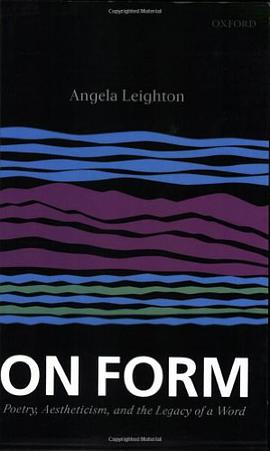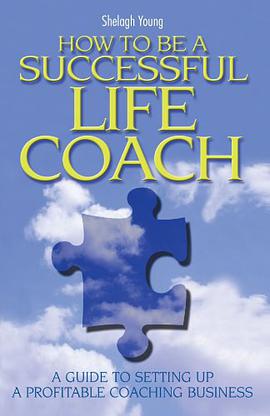

具体描述
What is form? Why does form matter? In this imaginative and ambitious study, Angela Leighton assesses not only the legacy of Victorian aestheticism, and its richly resourceful keyword, 'form', but also the very nature of the literary. She shows how writers, for two centuries and more, have returned to the idea of form as something which contains the secret of art itself. She tracks the development of the word from the Romantics to contemporary poets, and offers close readings of, among others, Tennyson, Pater, Woolf, Yeats, Stevens, and Plath, to show how form has provided the single most important way of accounting for the movements of literary language itself. She investigates, for instance, the old debate of form and content, of form as music or sound-shape, as the ghostly dynamic and dynamics of a text, as well as its long association with the aestheticist principle of being 'for nothing'. In a wide-ranging and inventive argument, she suggests that form is the key to the pleasure of the literary text, and that that pleasure is part of what literary criticism itself needs to answer and convey.
作者简介
目录信息
读后感
评分
评分
评分
评分
用户评价
相关图书
本站所有内容均为互联网搜索引擎提供的公开搜索信息,本站不存储任何数据与内容,任何内容与数据均与本站无关,如有需要请联系相关搜索引擎包括但不限于百度,google,bing,sogou 等
© 2026 book.wenda123.org All Rights Reserved. 图书目录大全 版权所有




















